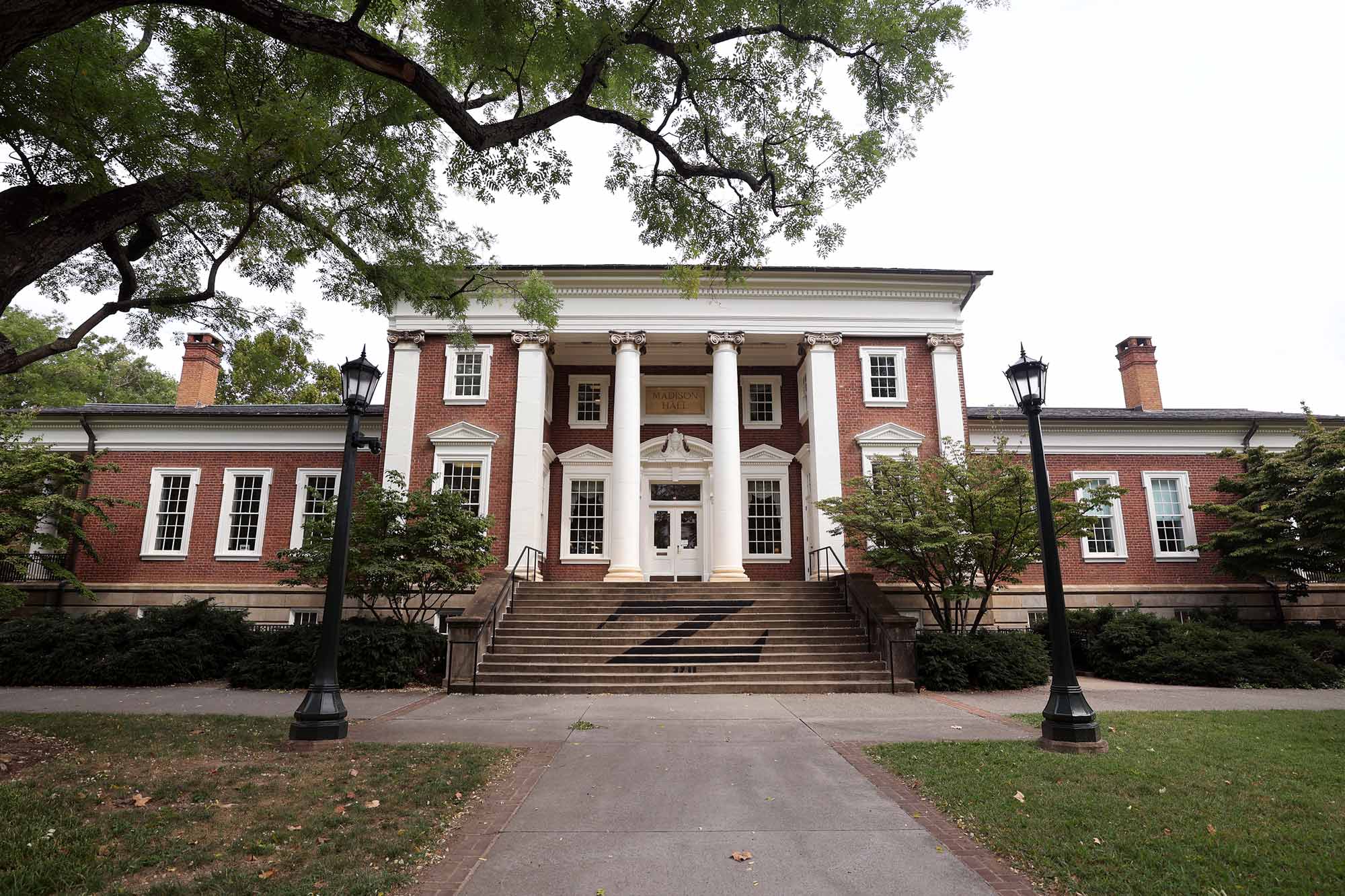The committee determined “the University of Virginia should express no opinions about social and political questions except as those questions directly affects its mission or operations.” On Friday, the board endorsed the committee findings that will guide the president in the future.
“On critical issues of the day, it can be difficult for leaders to refrain from making statements on behalf of the University,” the committee’s statement said. “But avoiding such statements is vital – not so that universities can be aloof from society, but precisely so that they might serve society as only they can.”
The committee, in its statement, said the guidance should apply to other parts of the University as well:
“The same problems that attend statements by the University attend statements by its official units, including schools, departments, centers, institutes, and programs. Pronouncements by a dean, department chair, or coach could likewise be taken by some to represent the unit as a whole. They also could potentially chill the speech or actions of faculty, students, or staff. Those who lead these units should consider adopting the principles enunciated here.”
The committee chair acknowledged to the board there will be future events that will test the guidance.
“This is not a magic wand that will solve all problems, and the world is going to throw problems and events at the University,” John Owen, a politics professor and the committee chair, said.
“It’s not going to cover every hard case, but at least it is an orientation,” Ryan added. “I think – I hope anyway – it gets the University out of the business so that people are not expecting anytime something happens in the world, the University has to speak.”
This doesn’t mean Ryan will remain silent on events like natural disasters and tragedies, he said.
“I don’t think that we should refrain, either from my office or deans or the Office of Student Affairs, from expressing empathy and sympathy for loss or pain, or directing students to resources,” Ryan said. “The aim is to be apolitical, not cold.”











